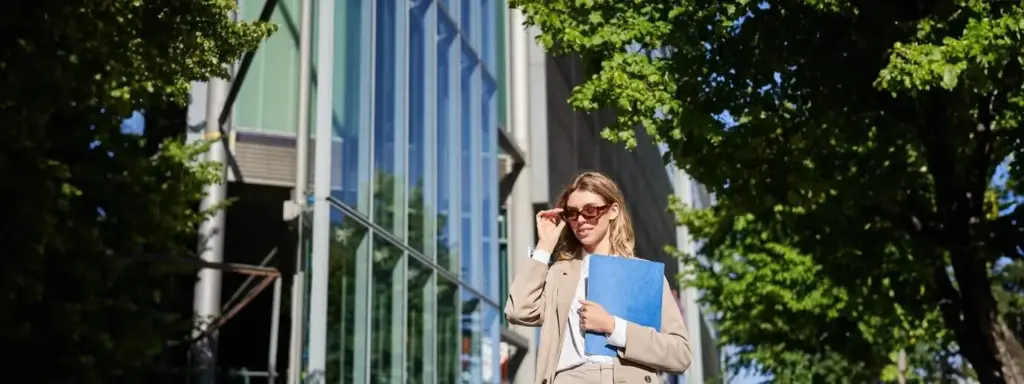Greener Parcels, Smarter Miles
Why Greener Parcels Win Hearts and Cut Costs
From Warehouse to Doorstep with Fewer Emissions

Delight Without the Waste


Unboxing That Feels Premium And Responsible
Use tactile recycled paper, right-sized inserts, and minimal ink to create calm moments of discovery. Replace foam with molded fiber, design tear tapes for clean openings, and print recovery instructions inside lids. Include a brief note about saved materials and emissions so customers feel included, informed, and genuinely appreciated.


Checkout Nudges That Customers Appreciate
Offer consolidated shipping, pickup options, and packaging-light choices at checkout, paired with clear impact estimates. Show the CO2 and material saved when customers bundle or choose slower, denser routes. Keep the default responsible, never punitive, and celebrate each decision with small on-page acknowledgments that encourage future planet-positive selections.
Packaging Intelligence and Routing Algorithms
Standards, Labels, and Working Together


Certifications That Actually Signal Progress
Favor standards with rigorous audits and end-of-life clarity, like FSC for fiber sourcing or trusted compostability marks recognized by local facilities. Validate supplier claims with third-party reports. Explain labels succinctly on-pack and online so customers recognize what to do, avoiding downcycling traps or contamination that undermines community recycling efforts.


Navigating Laws Without Losing Momentum
Extended producer responsibility, recycled content mandates, and labeling rules evolve quickly. Build a regulatory radar, map requirements to SKUs, and prepare alternate materials before deadlines. Collaborate with legal, procurement, and carriers to implement changes smoothly, avoiding stock write-offs, delivery disruptions, or rushed choices that inflate costs and emissions.
Profit in the Planet-Friendly Parcel






Your 90-Day Transformation Path


Weeks 1–4: Audit And Baseline
Inventory all packaging SKUs, record grams per shipment, and map material flows against local recovery options. Capture damage rates, return drivers, and delivery success by geography. Establish current emissions for last-mile routes. Publish a simple internal scorecard to align teams on where to focus and which assumptions deserve testing.


Weeks 5–8: Pilot, Learn, And Scale Intelligently
Run controlled trials with right-sized mailers, consolidated shipping options, and one new low-emission route. Measure customer satisfaction, costs, and emissions simultaneously. Invite frontline feedback to remove friction. Keep pilots small but decisive, then lock in the wins, update playbooks, and prepare procurement and carriers for broader, confident rollout.